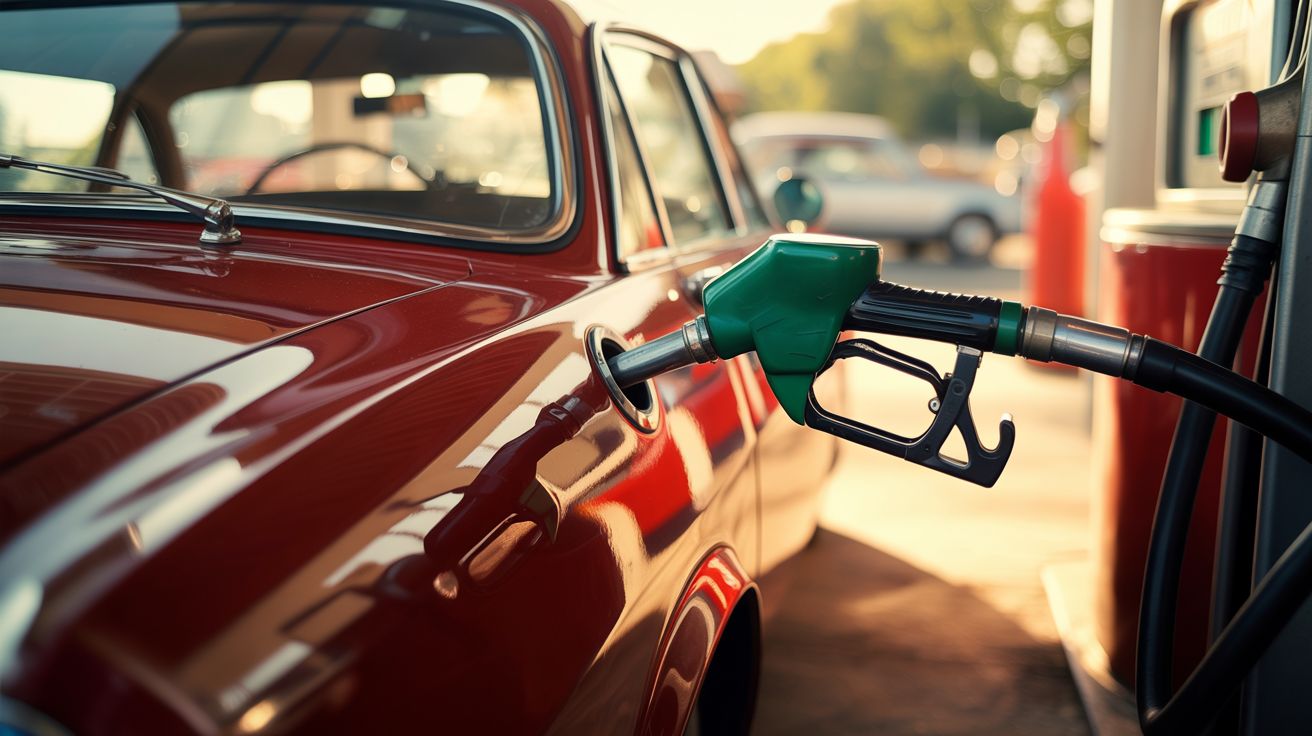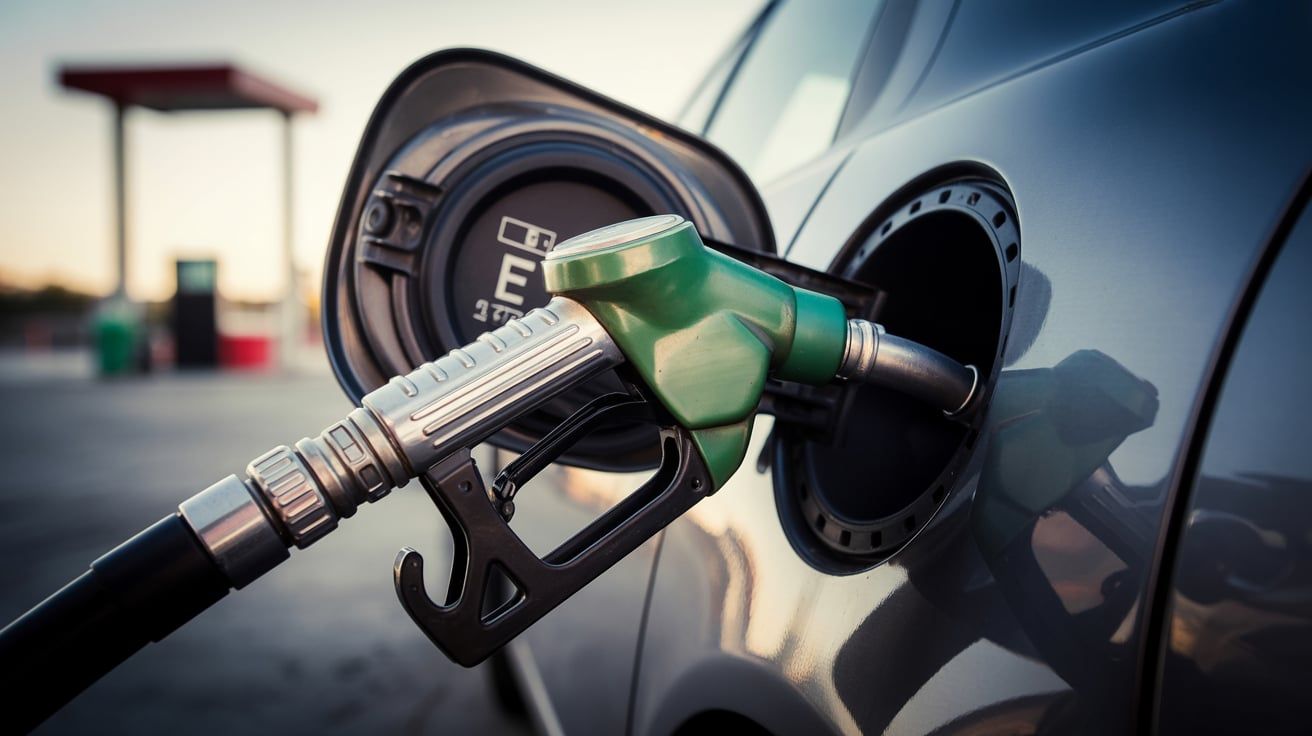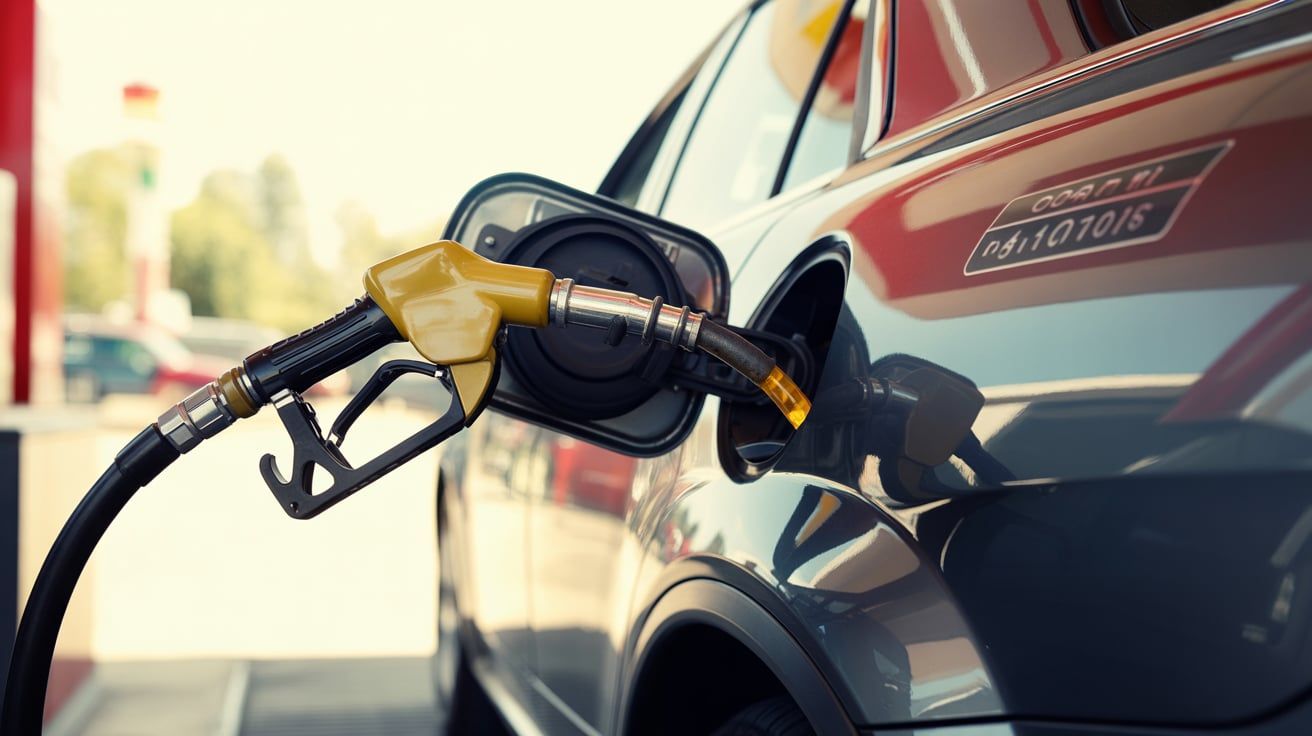
Introduction: The Ounce of Prevention
Ever wonder why some people seem to always be at the mechanic, while others cruise along with minimal issues? It’s not always luck. Often, it’s about knowing a few simple things about your car and taking a proactive approach to maintenance. Think of it like this: a small leak can turn into a flood, and a minor squeak can become a major repair bill. Mechanics are essential, of course, but they’re also running a business. The more you know about your vehicle, the less dependent you’ll be on expensive repairs, and the more money you’ll save. Let’s dive into five simple checks that can keep your car running smoothly and your wallet a little heavier.
Checking Your Tire Pressure: The Foundation of Safe Driving
Tire pressure is arguably the most overlooked aspect of vehicle maintenance, yet it has a huge impact on safety, fuel efficiency, and tire lifespan. Underinflated tires increase rolling resistance, which means your engine has to work harder, burning more fuel. They also wear out faster, especially on the edges. Overinflated tires, on the other hand, can reduce your grip on the road and make for a bumpy ride. The correct tire pressure for your car is usually found on a sticker inside the driver’s side doorjamb or in your owner’s manual. Don’t rely on the pressure listed on the tire itself, as that’s the maximum pressure, not the recommended pressure for your specific vehicle.
Investing in a good quality tire pressure gauge is a must. Check your tire pressure at least once a month, and always before a long trip. Remember to check when the tires are cold, as driving heats them up and increases the pressure. Adjust the pressure as needed to match the recommended level. This simple habit can save you money on gas, extend the life of your tires, and improve your overall driving safety. It’s a win-win-win!
Monitoring Your Fluid Levels: The Lifeblood of Your Car
Your car relies on a variety of fluids to function properly, including engine oil, coolant, brake fluid, power steering fluid, and transmission fluid. Regularly checking these fluid levels is crucial for preventing serious damage. Low oil can lead to engine damage, low coolant can cause overheating, and low brake fluid can compromise your braking ability. Each fluid has a reservoir, usually with markings indicating the minimum and maximum levels. Consult your owner’s manual to locate these reservoirs and learn how to check the levels correctly.
When checking fluid levels, also pay attention to the color and consistency of the fluids. For example, engine oil should be a clear amber color when new and gradually darken with use. Milky or foamy oil can indicate a coolant leak, which is a serious problem. Brake fluid should be clear and light brown. Dark or murky brake fluid indicates contamination and should be flushed. If you notice any unusual colors or consistencies, it’s best to consult a mechanic. Topping off fluids is a simple task, but knowing when to do it and recognizing potential problems can save you from costly repairs down the road. These fluids are the lifeblood of your cars and vehicles, so treat them accordingly.
Inspecting Your Lights: See and Be Seen
Properly functioning lights are essential for safe driving, especially at night or in inclement weather. Regularly inspect your headlights, taillights, brake lights, and turn signals to ensure they’re all working correctly. A burned-out bulb can significantly reduce your visibility and make it difficult for other drivers to see you. Have someone help you check your brake lights by pressing the brake pedal while you stand behind the car. Turn on your headlights and walk around the vehicle to check each bulb. Don’t forget to check your high beams and fog lights as well.
Replacing a burned-out bulb is usually a simple and inexpensive task. You can often find replacement bulbs at your local auto parts store and install them yourself with a screwdriver or pliers. Your owner’s manual will provide instructions on how to access and replace the bulbs. If you’re not comfortable doing it yourself, a mechanic can easily handle it. However, taking the time to check your lights regularly and replace any burned-out bulbs is a small investment that can significantly improve your safety on the road. Remember, in the world of transportation, visibility is key.
Listening for Unusual Noises: Your Car’s Way of Talking
Your car often communicates problems through unusual noises. Learning to recognize these sounds can help you identify potential issues early on, before they escalate into major repairs. A squealing noise when braking could indicate worn brake pads. A clunking sound when going over bumps could be a sign of suspension problems. A hissing sound under the hood could indicate a coolant leak. Pay attention to any new or unusual noises that your car is making and try to pinpoint the source.
While some noises are harmless, others can be warning signs of serious problems. If you’re unsure about the cause of a noise, it’s always best to consult a mechanic. Describe the noise as accurately as possible, including when it occurs (e.g., when braking, turning, accelerating) and where it seems to be coming from. This information can help the mechanic diagnose the problem more quickly and accurately. Ignoring unusual noises can lead to further damage and more expensive repairs, so it’s always better to be proactive and investigate any concerns. Your cars are complex machines, and these noises are their way of telling you something is amiss.
Checking Your Wiper Blades: Clear Vision in All Conditions
Wiper blades are often overlooked until they’re needed most – during a downpour. Worn or damaged wiper blades can significantly reduce your visibility in rain, snow, or sleet, making driving dangerous. Regularly inspect your wiper blades for cracks, tears, or stiffness. If they’re leaving streaks or smearing water across your windshield, it’s time to replace them. The lifespan of wiper blades varies depending on the climate and usage, but it’s generally recommended to replace them every six to twelve months.
Replacing wiper blades is a simple and inexpensive task that you can easily do yourself. Most auto parts stores carry a variety of wiper blades to fit different vehicles. Simply remove the old blades and snap on the new ones. Your owner’s manual will provide instructions on how to remove and install wiper blades. Keeping your wiper blades in good condition is essential for maintaining clear visibility and safe driving in all weather conditions. Don’t wait until you’re caught in a storm to realize your wiper blades are worn out. Proactive maintenance is key to safe transportation.
The Importance of Regular Car Washes
While it might seem purely cosmetic, regularly washing your car is an important part of preventative maintenance. Road salt, dirt, grime, and bird droppings can all damage your car’s paint and finish over time. Washing your car removes these contaminants and helps protect the paint from corrosion and fading. It also helps keep your car looking its best, which can improve its resale value.
You can wash your car at home with a bucket of soapy water and a sponge, or you can take it to a professional car wash. If washing at home, be sure to use a car-specific soap, as household detergents can strip away the wax and damage the paint. Rinse thoroughly and dry with a clean towel to prevent water spots. Regular car washes are a simple and effective way to protect your investment and keep your car looking its best for years to come. Think of it as a spa day for your automotive companion!
Conclusion: Be Proactive, Save Money, Drive Safe
By incorporating these five simple checks into your routine, you can significantly reduce your reliance on expensive mechanic visits and keep your car running smoothly and safely. Remember, proactive maintenance is the key to preventing major problems and extending the life of your vehicle. These checks are easy to learn and perform, and they can save you a significant amount of money in the long run. Don’t be intimidated by the mechanics of your car. With a little knowledge and effort, you can become a more informed and responsible car owner. So, take the time to learn these simple checks and start taking better care of your car today. Your wallet and your mechanic might not thank you, but your car certainly will!
Now that you’re armed with this knowledge, take action! Schedule a time this weekend to perform these checks on your vehicle. You might be surprised at what you discover. And remember, a little preventative maintenance goes a long way in ensuring the longevity and safety of your transportation. Happy driving!

